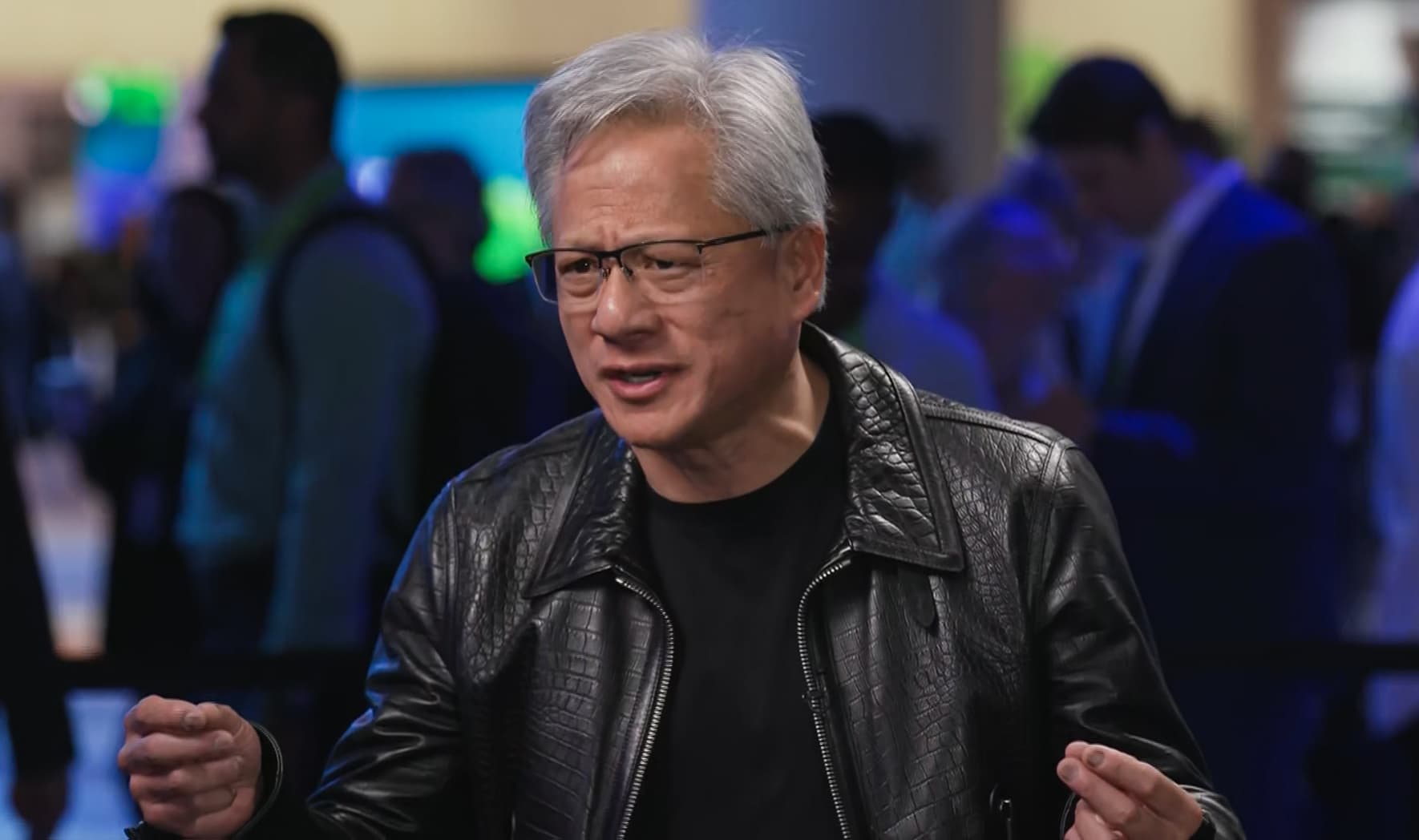
The global artificial intelligence (AI) race has reached a fever pitch, with Nvidia CEO Jensen Huang recently sounding the alarm about the high stakes involved—particularly when it comes to the booming Chinese AI market. In a CNBC interview, Huang projected that China’s AI sector could be worth a staggering $50 billion, a figure that underscores just how critical this market has become for tech giants like Nvidia. But beyond the dollar signs, his comments reveal deeper tensions: geopolitical rivalries, talent wars, and the urgent need for the U.S. to step up its game or risk falling behind.
The $50 Billion Opportunity—and the Peril of Exclusion
China’s AI market isn’t just growing—it’s exploding, fueled by massive government investment and aggressive private-sector innovation. Beijing has designated AI as a top strategic priority, pouring billions into research, infrastructure, and homegrown tech champions. For Nvidia, a leader in AI hardware and software, losing access to this market would be catastrophic. Huang’s warning isn’t just about revenue; it’s about staying relevant in an industry where China is rapidly closing the gap with the U.S.
The bigger picture? Geopolitics. The U.S. and China are locked in a tech cold war, with AI at the center. Export controls, sanctions, and supply chain restrictions have already disrupted global tech flows. If American firms like Nvidia get shut out of China, the ripple effects could extend far beyond stock prices—slowing innovation, fragmenting global standards, and handing China an even bigger lead in critical sectors like autonomous vehicles, healthcare AI, and defense applications.
The Talent War: Why the U.S. Needs a Workforce Overhaul
Huang dropped another bombshell: half of the world’s AI researchers are Chinese. That statistic should terrify U.S. policymakers. While America still leads in cutting-edge AI research, its long-term dominance is far from guaranteed. China’s emphasis on STEM education—coupled with aggressive recruitment of top global talent—means the U.S. could face a brain drain if it doesn’t act fast.
The solution? Reskilling, and fast. Huang’s call for workforce investment isn’t just corporate lip service. The U.S. needs a moonshot-level commitment to AI education, from K-12 coding initiatives to expanded university research funding. Companies like Nvidia can’t rely solely on H-1B visas to fill talent gaps; they need a homegrown pipeline of engineers, data scientists, and AI specialists. Without it, America risks ceding the future of AI to China—not just in market share, but in foundational innovation.
AI as the New Arms Race: Beyond Economics
This isn’t just about who builds the best chatbots or self-driving cars. AI is the 21st century’s equivalent of nuclear technology—a dual-use innovation with massive implications for national security. China’s advancements in facial recognition, autonomous drones, and cyber warfare tools highlight how AI can tilt the balance of global power. If the U.S. loses its edge, the consequences could extend far beyond Silicon Valley’s bottom line.
Huang’s warning is a wake-up call: The AI race isn’t a corporate competition—it’s a battle for technological sovereignty. The U.S. must rethink its approach, from loosening immigration barriers for skilled workers to ramping up public-private R&D partnerships. Relying on private companies like Nvidia to out-innovate China isn’t enough; this demands a national strategy akin to the Apollo program or the Manhattan Project.
Conclusion: A Fork in the Road for AI Dominance
Jensen Huang’s $50 billion projection isn’t just a market forecast—it’s a flashing red warning light. China’s AI ambitions threaten to reshape the global tech order, and the U.S. is at a crossroads. Will it double down on education, research, and strategic collaboration? Or will it watch as China sets the rules of the game?
The stakes couldn’t be higher. For Nvidia, exclusion from China’s AI boom would be a financial disaster. For America, losing the AI race could mean ceding economic, military, and technological supremacy. The time to act is now—before the bulldozer of geopolitical rivalry flattens the competition.




发表回复